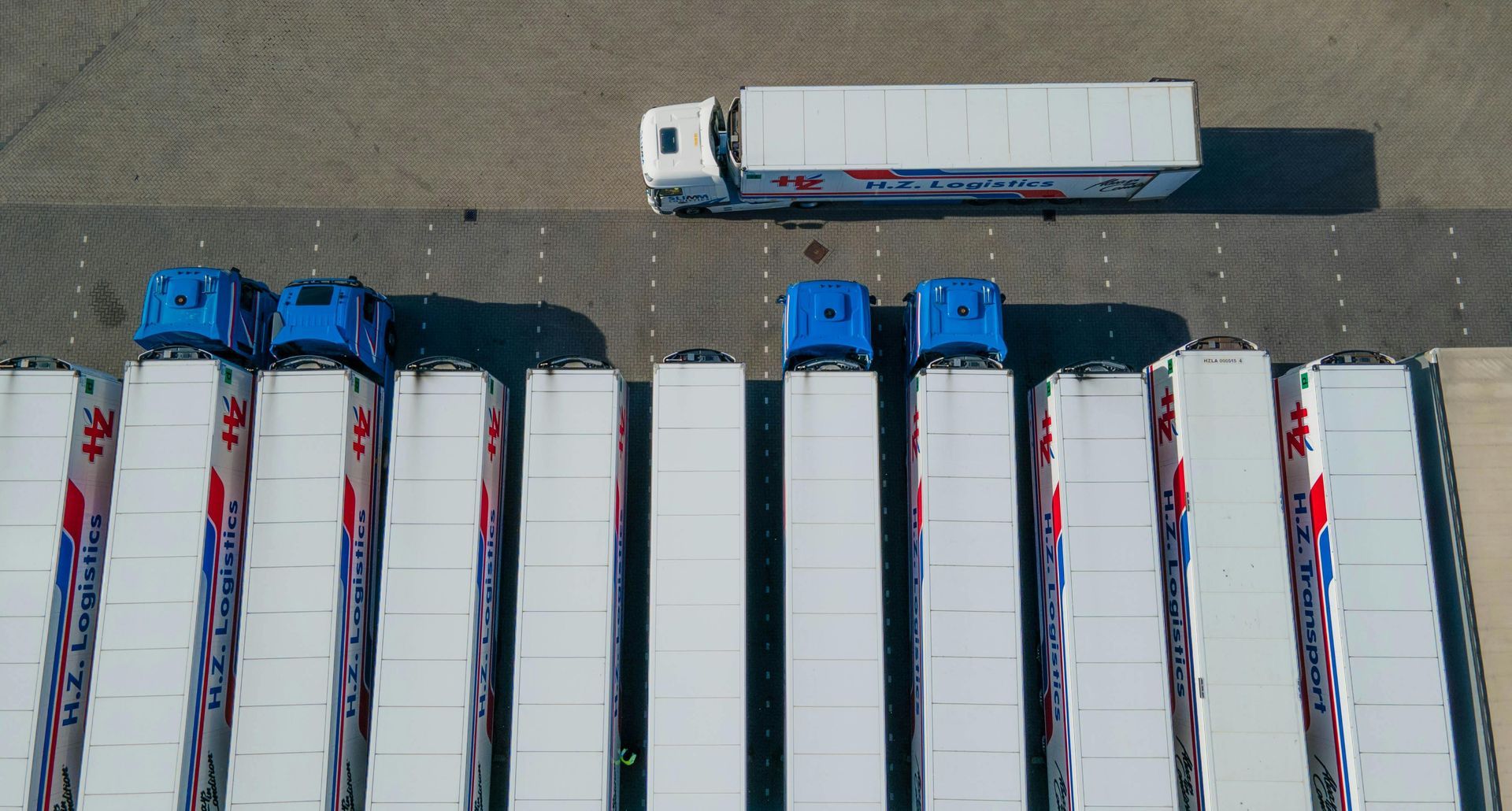WELCOME TO FIG's BLOG.
Trucking Industry Tax Tips for Maximizing Fleet Profitability

The trucking industry operates on thin margins, where every dollar counts. Effective tax planning and understanding industry-specific tax opportunities are essential for maximizing fleet profitability. Here’s an exhaustive guide for business owners and managers in the trucking sector to make the most of their tax situation:
Equipment Depreciation Strategies
Trucking companies can utilize several depreciation techniques for significant tax savings:
- Section 179 Expensing:
Allows immediate expensing of qualifying equipment (trucks, trailers, etc.) up to annual limits. Applies to new and used equipment and is available only for assets used more than 50% for the business. The phase-out begins once the total cost of purchased equipment exceeds set thresholds. - Bonus Depreciation:
Currently allows 100% first-year depreciation for qualifying new equipment. No phase-out limitations, and it can even be combined with Section 179 for maximum deductions. - Traditional Depreciation:
Use MACRS for standard equipment life: five years for trucks/trailers, three years for technology, and seven for office furniture.
Fuel Tax Optimization
Fuel is the largest expense for most trucking companies. Strategic tax practices here can have a major impact:
- IFTA Compliance:
Accurate record-keeping enables proper fuel tax reporting and recovery of credits for overpayments, helping avoid penalties. - Fuel Purchase Strategies:
Utilize strategic buying locations, seek volume discounts, use loyalty programs and fuel cards, and buy from tax-advantaged suppliers.
Meal and Travel Deductions
Extensive travel offers deduction potential:
- Driver Meal Deductions:
DOT-regulated drivers qualify for an 80% deduction using per diem or actual expense methods, provided hours-of-service compliance and documentation are met. - Lodging and Business Travel:
Deduct overnight travel for rest, conferences, training, and medical exams associated with DOT certification.
Maintenance and Repair Deductions
Understand the difference between repairs and capital improvements:
- Immediately Deductible Repairs:
Includes routine maintenance, minor repairs, emergency fixes, and preventive programs—these can all be deducted in the year incurred. - Capital Improvements:
Large overhauls, engine rebuilds, major installations, and technology upgrades must be capitalized and depreciated over time.
Home Office and Administrative Deductions
Owner-operators and managers may qualify for home office deductions if used exclusively and regularly for business. Administrative expenses like office supplies, insurance, professional fees, and technology are also deductible if properly documented and separated from personal use.
Driver Compensation Tax Planning
Proper structuring can yield tax benefits and compliance peace:
- Employee vs. Independent Contractor:
Understand the tax reporting, benefits, and compliance requirements for each classification. Documentation is critical. - Compensation Structures:
Decide between per-mile, percentage, hourly, bonus, and incentive programs—all have unique tax treatments.
Business Entity Selection
Your business structure impacts tax liability:
- Sole Proprietorship:
Offers simple pass-through taxation but exposes owners to higher self-employment tax and less protection. - LLC:
Default partnership taxation but allows for S-corp election to reduce self-employment tax with proper planning. - S-Corporation:
Enables self-employment tax savings on distributions after paying a reasonable salary, enhances credibility, but adds more compliance obligations.
Equipment Purchase Timing
Strategically time equipment purchases:
- Make purchases before year-end to maximize Section 179 and bonus depreciation.
- Spread out purchases over years to optimize deductions and coordinate with variable income flows.
Interstate Tax Compliance
Multi-state operations trigger layered tax obligations:
- Fuel Tax Reporting:
Ensure IFTA registration and compliance with quarterly reporting. Prepare detailed mileage and fuel logs for all jurisdictions. - Income Tax Obligations:
Track your state nexus; understand apportionment and allocation methods for income tax reporting.
Record-Keeping for Maximum Deductions
Keep immaculate records:
- Maintain mileage logs, fuel receipts, maintenance documents, pay records, and asset purchase histories.
- Integrate data from ELDs, fuel cards, maintenance software, and accounting systems for complete compliance and deduction support.
Retirement Planning Benefits
Business owners and drivers can benefit from tax-advantaged retirement plans:
- SEP-IRA:
Simple to set up and administer, allowing contributions up to 25% of compensation. - Solo 401(k):
Higher contribution limits than SEP-IRA, includes loan and Roth options, plus catch-up contributions for older participants.
Health Insurance and Medical Deductions
Self-employed trucking professionals can deduct health insurance premiums, including for spouses and dependents, up to net self-employment income.
Health Savings Accounts (HSAs) offer triple tax advantages and flexible use for medical expenses. DOT-required medical exams, including physicals, drug and alcohol screening, and related travel, are fully deductible.
Insurance Deductions
Trucking companies can deduct premiums for:
- Commercial vehicle insurance
- Cargo and liability coverage
- Workers’ compensation
- Occupational accident insurance
Tax Planning Strategies for Trucking Companies
- Income Timing:
Defer or accelerate income and expenses to smooth out tax liabilities. - Equipment Lifecycle Management:
Plan for replacement cycles and evaluate opportunities for like-kind exchanges. - Avoid Documentation Failures:
Track every mile, document meals and travel, and maintain complete payroll and maintenance records.
Working With Professionals
Engage accounting and tax advisors who specialize in trucking. Regular planning meetings throughout the year, strategic equipment purchases, sound retirement planning, and strong audit support are all essential for ongoing profitability and reduced tax burdens.
Maximizing fleet profitability in trucking relies on smart, proactive tax management. With industry-specific strategies—equipment depreciation, fuel tax optimization, proper classification of expenses, and retirement and insurance planning—companies retain more profit, avoid costly mistakes, and build for future growth. Periodic reviews, sound documentation, and professional guidance are the keys to lasting success in a highly competitive business.
Feel free to use or adapt this for your website, resource hub, or print materials for Fiscal Integrity Group’s clients in the trucking sector.











